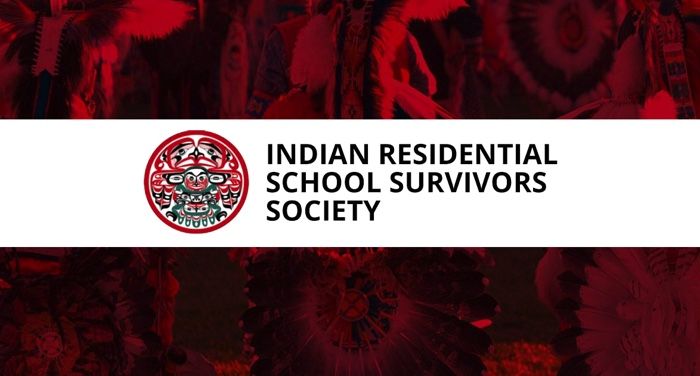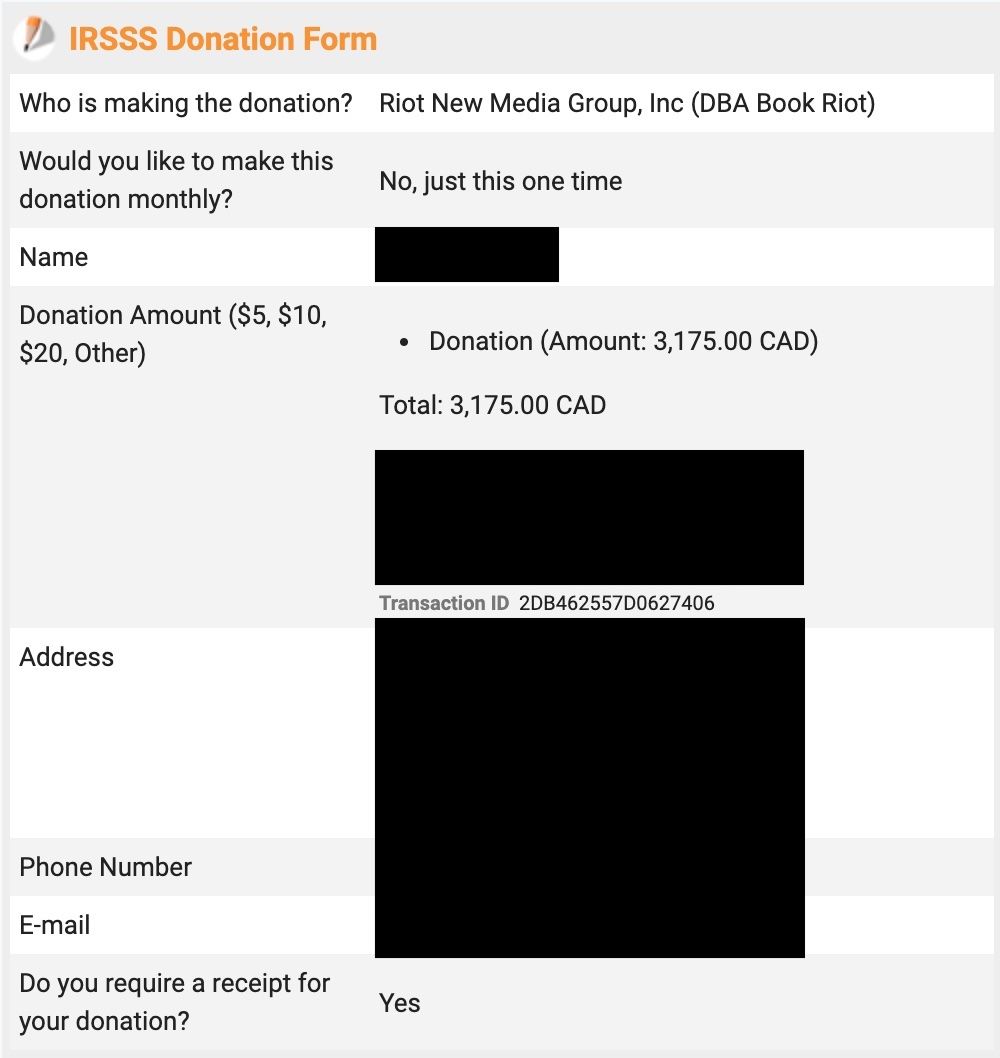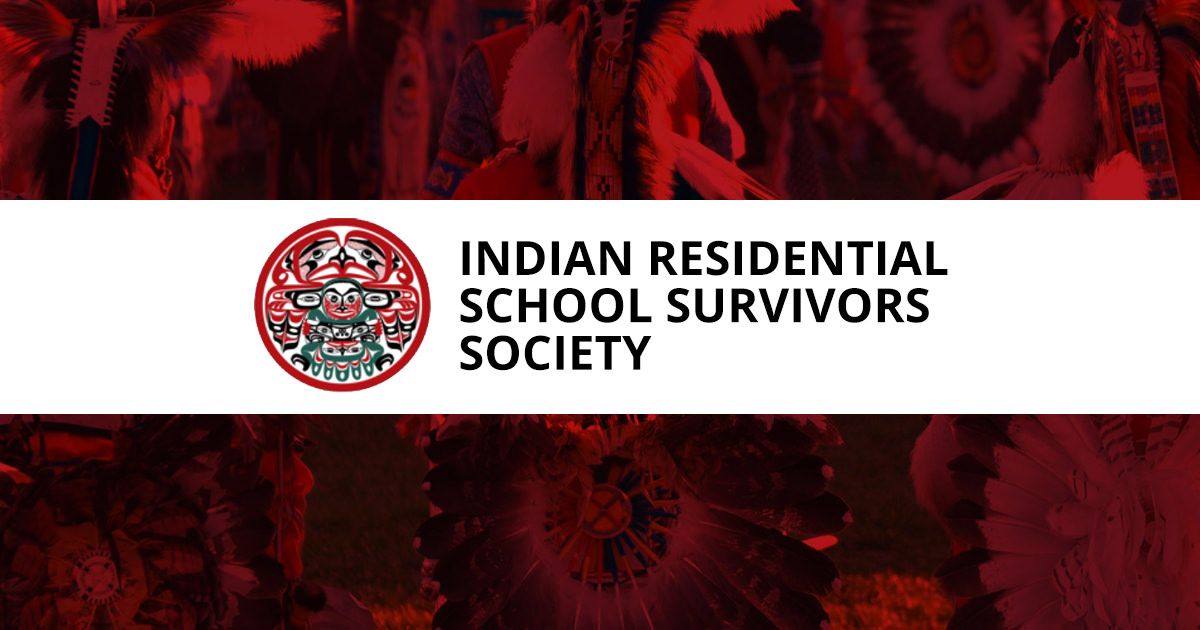
Book Riot Will Match Your Donation to the Indian Residential School Survivors Society
Update August 27, 2021: Book Riot readers have come through with donations of just over $1000 CAD, and we’ve made our maximum matching donation of $2,500 USD (or $3175 CAD). Here’s the receipt!

Content warning: this post discusses some of the atrocities of Indian Residential Schools.
This year, thousands of children’s graves were discovered at former residential schools in Canada. In response, Book Riot is matching donations up to $2,500 USD to the Indian Residential School Survivors Society. Scroll to the bottom of the post for how to participate, or keep reading for more information.
In May of 2021, ground-penetrating radar revealed a mass grave of 215 children at the former residential school in Kamloops. Since then, thousands more children’s unmarked graves have been found on the grounds of former residential schools in Canada, and an investigation is beginning into U.S. Native American Boarding Schools burial sites.
Residential schools in Canada ran from the late 1800s for a century, with the last one officially closing in 1996. Five generations of children were taken away from their families and culture, and this act of genocide has only ended recently, with generations of survivors still alive today. It’s estimated between 30 and 60% of children died within five years of attending residential schools, and physical, sexual, and psychological abuse was common, as was inadequate nutrition and living conditions, and even torture and scientific experimentation.
It was an act of genocide intended to erase Indigenous identities and cultures, only one of a multitude of genocidal tactics deployed by the Canadian government. Indigenous communities today are dealing with intergenerational trauma while demonstrating incredible resilience and healing, passing down cultural and spiritual practices. Even suppressed Indigenous languages once limited to a handful of speakers are seeing revitalization.
To better understand the impact residential schools had on generations of Indigenous communities, please watch this video of the Sacred Fire Exercise by The Indian Residential School Survivors Society.
The Indian Residential School Survivors Society is an organization that has been providing support to survivors for two decades, and they operate from Kamloops (among other locations), where the first mass grave was found.
For about twenty years, the Indian Residential School Survivors Society has been quietly operating and doing the necessary work for the cultural, spiritual and physical well-being of not just former student of residential school, but the multitude of those adversely impacted intergenerationally. We have been transitioning slowly and growing the services we offer and have several new and existing programs, such as:
– Missing Murdered Indigenous Women and Girls and Missing Murdered Indigenous Men and Boys
– 60’s scoop survivors
– 2SLGBTQ+
– Qwum Qwum Xxii Xxaa (Youth justice program)
– the 24 hour crisis lineand more.
You can find out more about them at their website. They’re also on Twitter and Facebook.
From Friday, August 20th through Sunday, August 22nd, Book Riot will match donations to the Indian Residential School Survivors Society up to $2,500 USD.
To participate, upload a picture of your receipt for your donation in the form below.(You can redact personal information.) Check back next week, and we will upload our receipt to show how much we’ve raised together!
We also invite you to educate yourself not just about residential schools and Native American Boarding Schools, but also about the Indigenous nations near you, especially if you’re living on occupied land. There are organizations doing great work across the continent and around the world that could use your support in fighting the ongoing impacts of colonialism.



